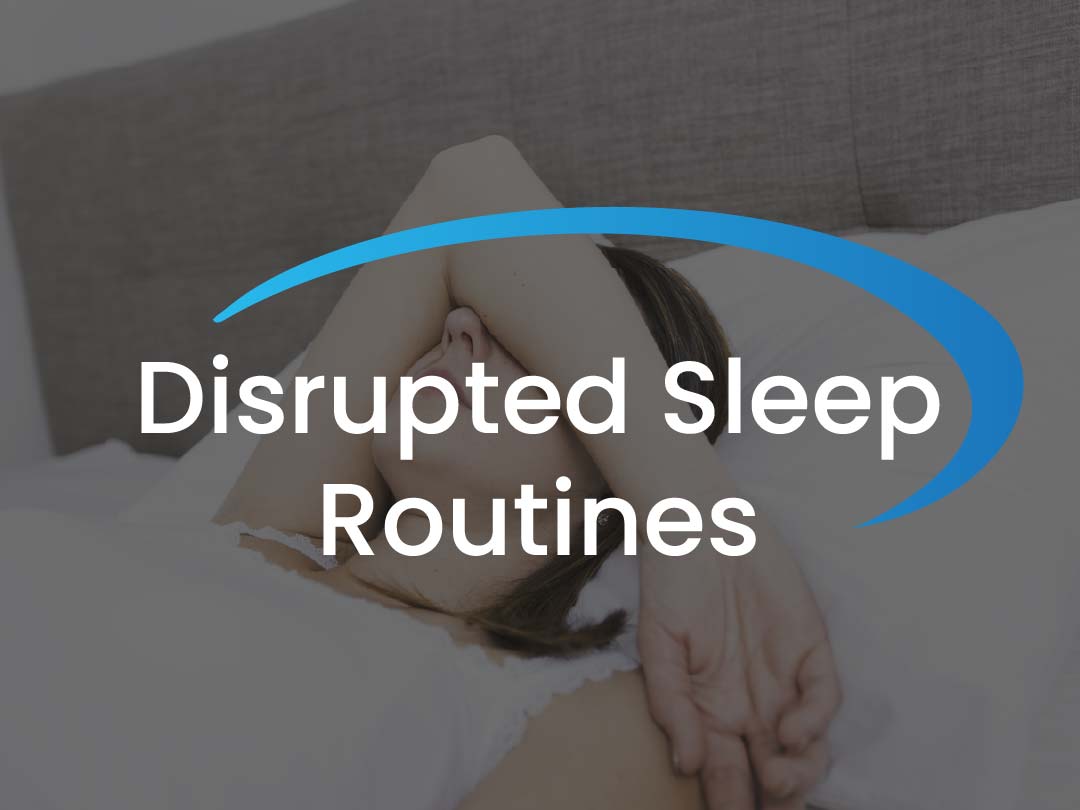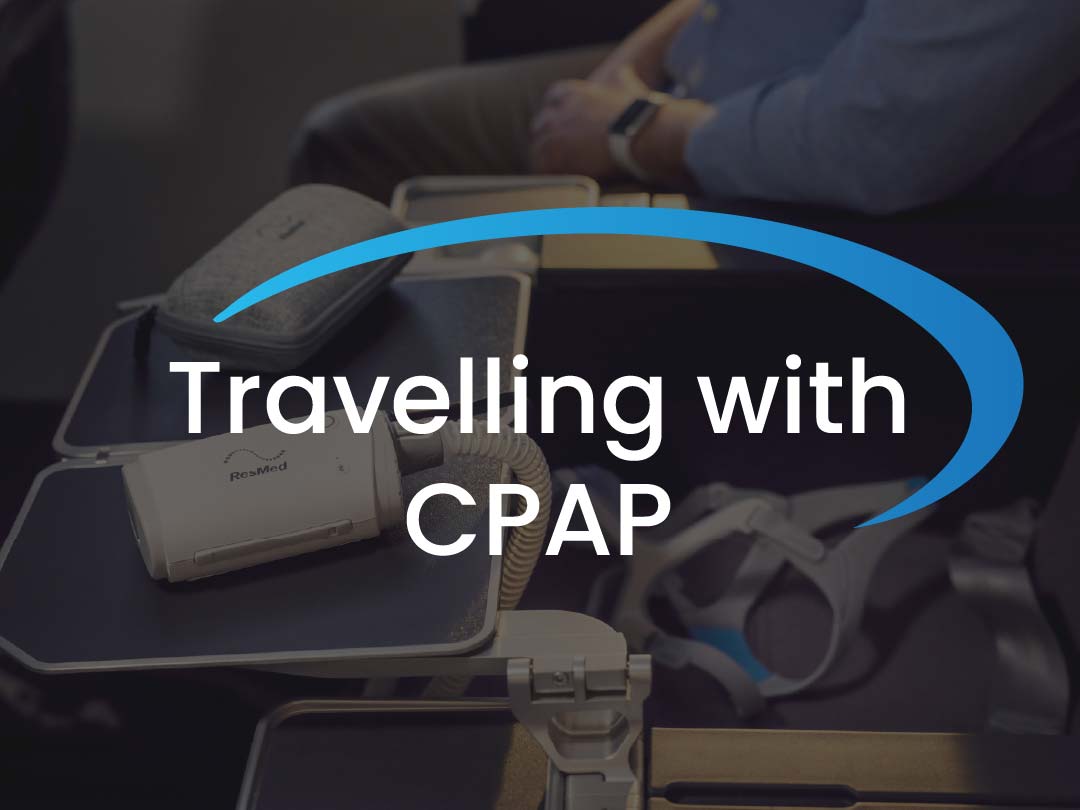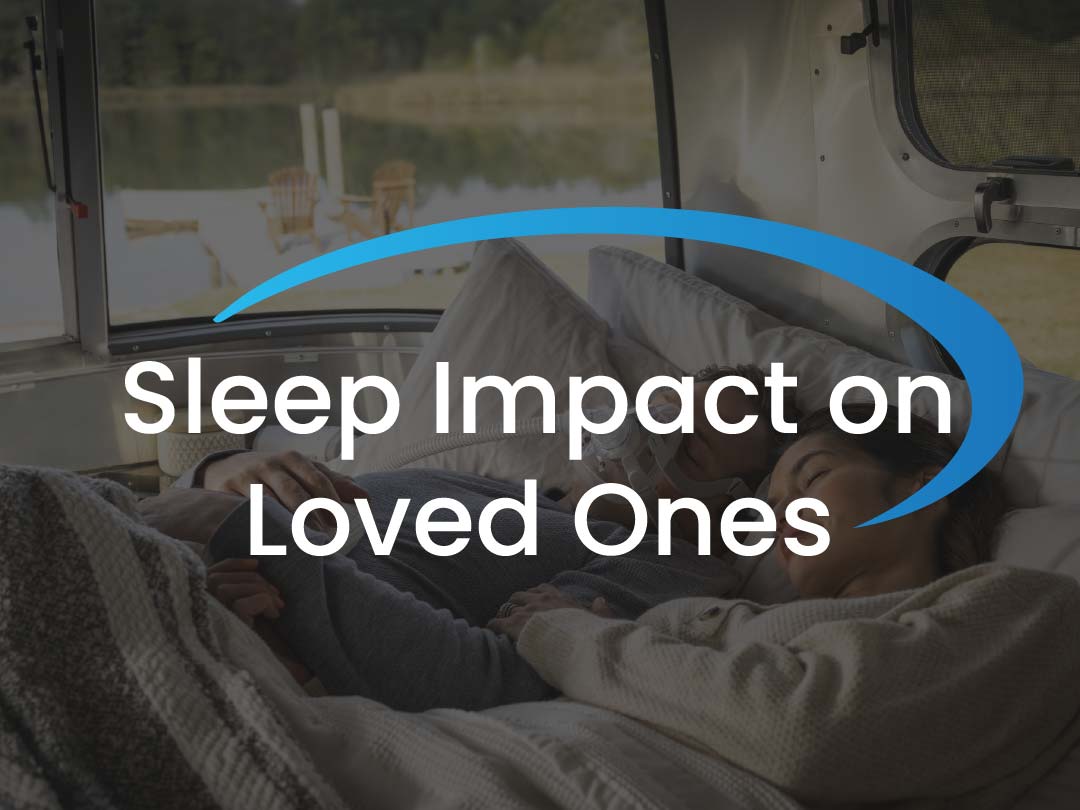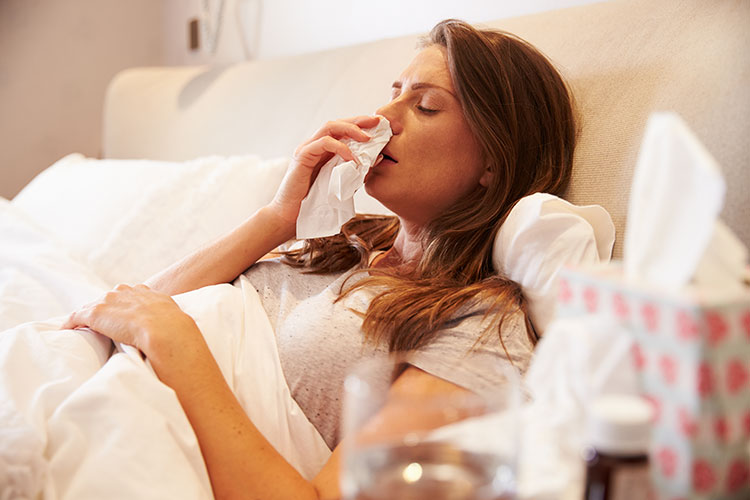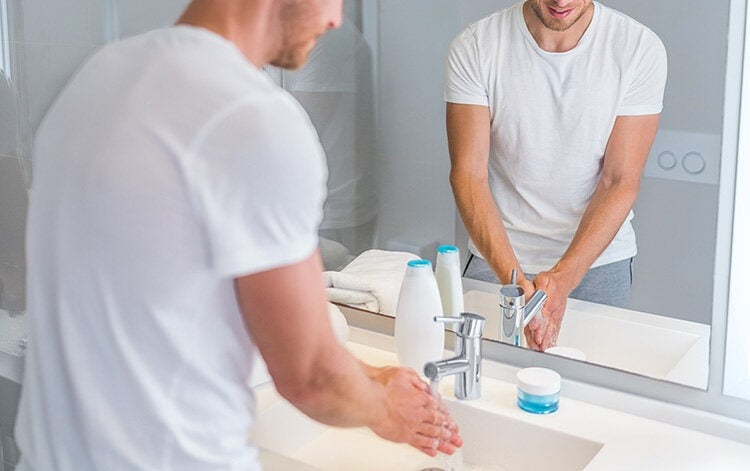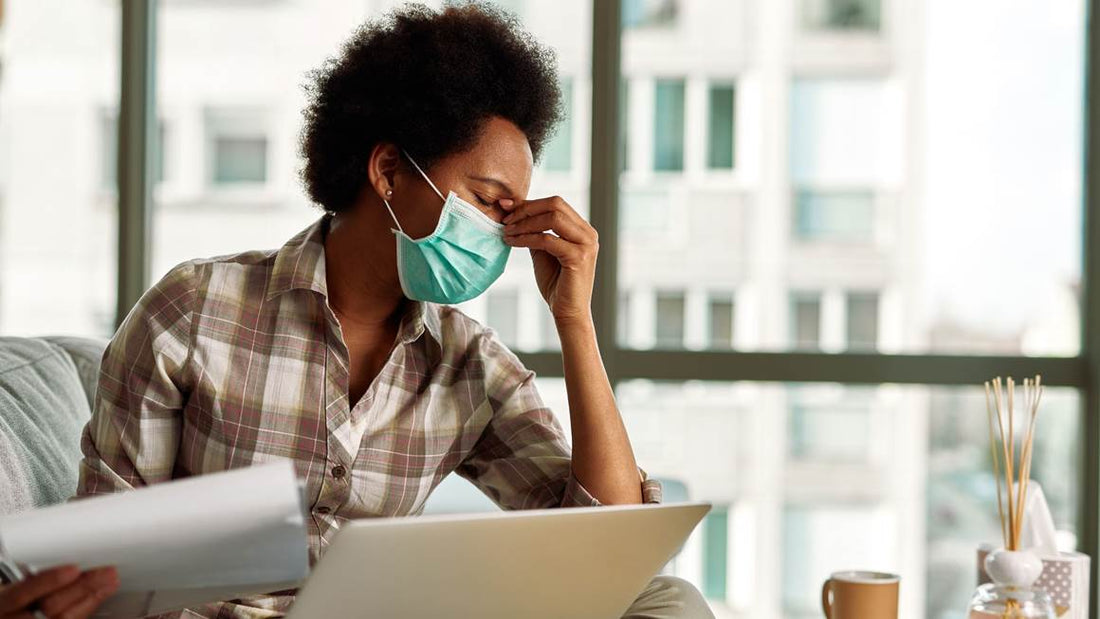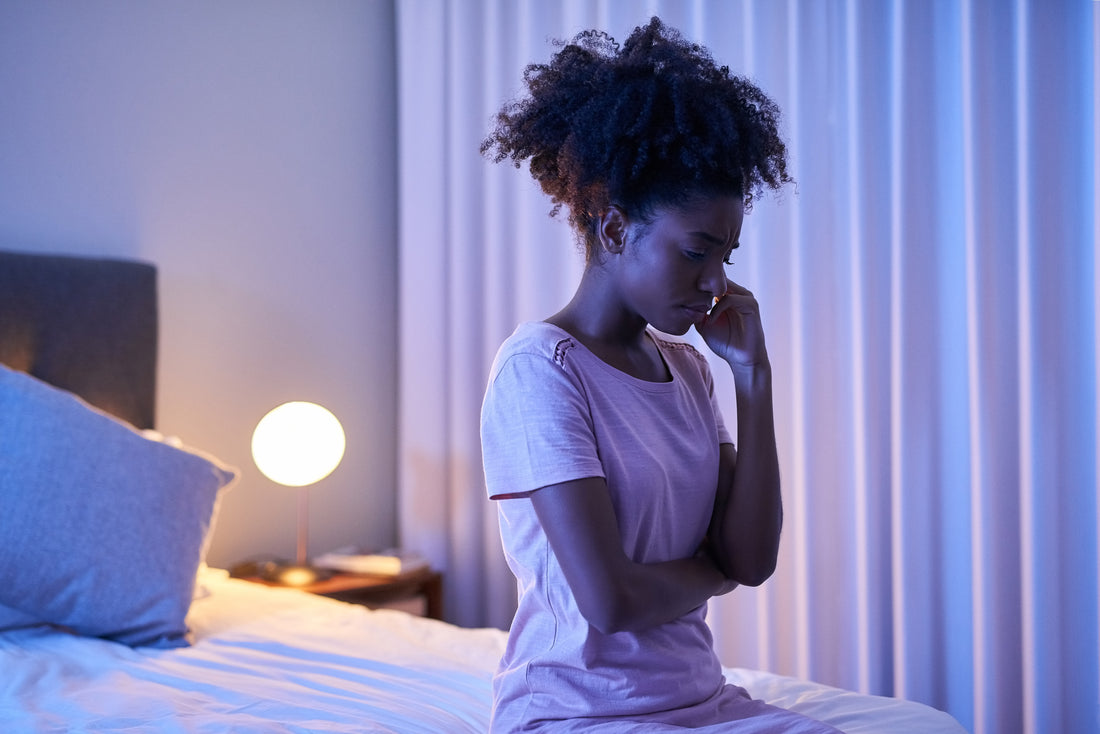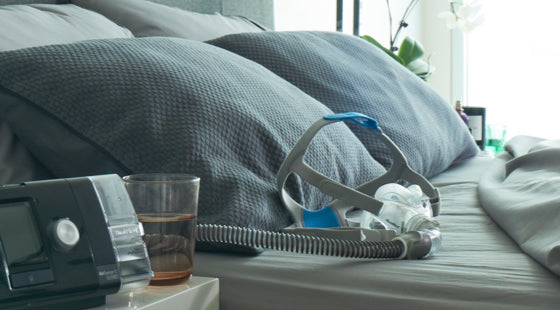News
Travelling with a CPAP Machine
Planning summer travel with your CPAP machine doesn't have to be stressful with proper preparation. This essential guide covers five key strategies: checking your equipment for wear and tear before departure, creating a comprehensive packing checklist, always keeping your CPAP in carry-on luggage, considering a travel-sized machine for frequent travelers, and maintaining your therapy routine while away. Proper planning ensures you'll sleep well and enjoy your vacation to the fullest.
about Travelling with a CPAP MachineGet your CPAP Ready for Summer
Hot summer weather can negatively impact sleep apnea and CPAP therapy effectiveness, making seasonal adjustments essential for quality rest. This guide covers four crucial summer preparation steps: lowering humidifier settings to prevent condensation buildup, maintaining cool bedroom temperatures with air conditioning, inspecting and replacing worn CPAP parts before peak season, and keeping windows closed to avoid pollen and allergens that can worsen sleep apnea symptoms.
about Get your CPAP Ready for SummerSleep Deprivation is Affecting your Love Life
Poor sleep doesn't just affect your health, it can seriously damage your relationships too. Sleep deprivation makes you less attractive to potential partners, reduces your ability to navigate dating successfully, increases irritability and conflicts with your spouse, decreases sexual desire, and disrupts your partner's sleep through restless movements. Understanding these connection points between sleep quality and relationship health can motivate you to prioritize better rest for both you and your loved ones.
about Sleep Deprivation is Affecting your Love LifeSleep Apnea and Seasonal Allergies
Are you suffering from seasonal allergies? You are not alone. Many people have to deal with the unpleasantness of allergy symptoms in the early spring, which can interfere with your ability to get a good night’s sleep. Allergies can be even worse for people who suffer from sleep apnea, since your airway is already compromised during sleep. A lot of allergy symptoms tend to worsen and cause nasal congestion, which can dry your mouth out or block your airway. Not a good thing with sleep apnea, especially if you use a CPAP machine to help you sleep at night. Luckily there are a few things you can do to help give some relief to your symptoms so you can sleep better at night. Here are a few tips: Take advantage of humidification: As great as the CPAP is for helping you sleep, it can also dry out your nasal passages, which can be extremely uncomfortable and worsen your allergy symptoms. Using a humidifier with your CPAP can help to keep your airway moist enough to promote proper breathing during sleep. Keep your CPAP mask in great condition: Make sure you are cleaning your CPAP mask and other parts on a regular basis. Sleeping in a dirty mask will only spread bacteria and germs through your airway as you sleep and make your allergies worse. Also, if your CPAP has a filter, make sure that it is changed on a regular basis as well. Take some medications to help relieve your symptoms: Taking an over-the-counter antihistamine before bed can help to alleviate allergy symptoms and help you sleep better at night. But if you are using CPAP therapy to sleep, make sure you clear this with your doctor first. Be mindful of your sleeping environment: If the pollen outside is particularly strong and bothering your allergies, don’t sleep with your windows open as this will only make your symptoms worse. Keep your windows closed at night and keep your bedding fresh and clean will help as well.
about Sleep Apnea and Seasonal AllergiesHow sugar affects your sleep
wp:paragraph If you just overindulged in some of the delicious Easter chocolate and desserts, take note! We all know how sugar is bad for you, but did you know that too much sugar can have a negative effect on your sleep? /wp:paragraph wp:paragraph Despite this, many of us simply cannot live without some form of sugar, whether you have it in your coffee, a mid-afternoon pick me up or if you like to have something sweet before bedtime. Ever had the “sugar crash” where you feel sleepy after eating too many sweets? This is not so good for sleeping as this can not only cause insomnia but poor sleep quality in general. Sugar is known to give you a temporary boost of energy, followed by feelings of sleepiness. /wp:paragraph wp:paragraph Here are three ways to prevent sugar from interfering with your sleep: /wp:paragraph wp:paragraph Consuming too many sweets before bed? Not a good idea: Although sugar may make you feel sleepy, it should NOT be used as a sleep aid as this will mess with your sleep cycle and cause you to feel groggy the next day. If you need to have a snack before bed, consider a piece of fruit to combat your sweets cravings. Warm milk or herbal tea before bed can also be a good idea. /wp:paragraph wp:paragraph Don’t forget to maintain a healthy diet: Eating a balanced diet, which includes all the necessary vitamins and nutrients, will help you to maintain a regular sleep cycle, in addition to staying hydrated, getting in some physical activity, and starting your day with a proper nutritious breakfast. /wp:paragraph wp:paragraph Enjoy your favorite sweets in moderation: Let’s face it, cutting out sweets is harder than it looks, and simply unrealistic for many people. There is nothing wrong with enjoying your favorite dessert every now and then, just be smart about it! Stick to smaller portions of your favorites and consider some sugar-free alternatives. /wp:paragraph wp:paragraph Contact us for more information. /wp:paragraph
about How sugar affects your sleepDoes your CPAP need a spring clean?
wp:paragraph Now that the snow and cost weather is (mostly) gone, you may be taking the opportunity to do a bit of “spring cleaning” in many areas of your life. If you use a CPAP machine regularly to help with your sleep apnea, then this would be a great opportunity to give the parts of your machine a much-needed clean so your CPAP can work to its full potential. /wp:paragraph wp:paragraph Here are a few things to keep in mind as you start this process: /wp:paragraph wp:paragraph Supplies you will need: You will need access to lukewarm water, a mild unscented soap, and a damp cloth. Vinegar, diluted in water, would be great for cleaning places with lots of build-up of bacteria and hard water deposits (such as the tubing). Do not use any bleach or harsh chemicals on your CPAP, and never leave your CPAP out in the sun to dry. /wp:paragraph wp:paragraph How to deep clean your CPAP: Take the device apart completely, including the headgear and cushions, tubing, and any other chambers (such as the humidifier). Give each part a thorough clean with water and soapy water. As mentioned above, vinegar diluted in water can be used for a few areas that need extra attention. Make sure all of the parts are thoroughly rinsed and don’t put the CPAP back together until all parts are completely dry. The machine can just be given a quick wipe down with a damp cloth. /wp:paragraph wp:paragraph Take inventory of your CPAP parts: Take a moment to inspect all the parts on your CPAP machine to make sure they are still in good working condition. Many CPAP parts wear out from frequent use after a period and will need replacing. If anything is starting to show cracks, deficiencies, or other signs of wear and tear, then it may be time to replace that part. /wp:paragraph wp:paragraph Start a CPAP Cleaning Routine: As a general rule, you should be giving your CPAP a basic clean and wipe down on a regular basis (at least once per week, if not daily) especially for parts that touch your face. If you are not doing this then the spring can be a great time to start a routine for cleaning your CPAP, so all the parts can last longer and help you sleep better. /wp:paragraph
about Does your CPAP need a spring clean?What is Post Covid-19 Fatigue?
wp:paragraph If you have ever tested positive for Covid-19 and you have found yourself feeling a lot more tired than normal afterwards, you are not alone. /wp:paragraph wp:paragraph One of the many side effects of a Covid-19 infection, that has been known to affect many people is extreme fatigue. And unlike normal fatigue or daytime tiredness, this does not necessarily get better with lots of rest and can inhibit your day-to-day activities. As frustrating as this may seem, this is part of the body’s immune response to the virus for many people. Rest assured, it will get better, but it will take some time and it won’t happen overnight. /wp:paragraph wp:paragraph Here are a few tips to help you deal with the effects of post Covid-19 fatigue: /wp:paragraph wp:paragraph Pace yourself: It will take some time for your energy levels to return to what they were before you were sick. Listen to your body and adjust your return to normal activities based on your energy level and take a break if you need to. Try to prioritize things based on what you can and cannot do. /wp:paragraph wp:paragraph Gradually return to physical activity: You may not necessarily be able to run a marathon or participate in sports if you are dealing with Covid fatigue. If you live a physically active lifestyle, you will need to take your time to ease back into exercise, doing so too quickly could make it worse and prolong your recovery. Start with shorter walks and work up from there. /wp:paragraph wp:paragraph Get lots of sleep: Although you may already be sleeping more than you normally do, this will help your body to conserve energy and will enable you to take it slow with your recovery. Sticking to a solid and consistent bedtime routine will help with this. /wp:paragraph wp:paragraph Maintain a healthy diet: Although this may be difficult if you are dealing with a loss of taste and smell, nourishing your body with the proper vitamins and nutrients will be important in the healing process. Make sure you fuel your body with lots of healthy foods to aid with your recovery. /wp:paragraph wp:paragraph Contact us for more information. /wp:paragraph
about What is Post Covid-19 Fatigue?Tips for Surviving “Covid-somnia”
wp:paragraph We are now officially two years into the Covid-19 pandemic that has changed so much about our lives in many ways. Maybe you or someone you know battled the Covid-19 virus, maybe your job has been affected, maybe you have had to change your travel plans and maybe you have not been able to see friends or family through all this. /wp:paragraph wp:paragraph One of the biggest changes that many people have experienced in the past two years is with their sleep, and “Covid-somnia” has become extremely common in the past few years. While things are slowly starting to look up with the decline in cases, if you are suffering from insomnia more often because of the pandemic, there are ways that you can turn your sleep around. /wp:paragraph wp:paragraph Here are four tips to survive Covid somnia: /wp:paragraph wp:list {"ordered":true} wp:list-item Be mindful of media consumption: All of the events happening in the world can certainly be distressing. As a result, watching, reading or listening to the news too much can induce anxiety and can interfere with your sleep as a result. While there is nothing wrong with wanting to stay up to date with all that is happening in the world, try to set limits on media consumption and try to avoid it too close to bedtime. /wp:list-item wp:list-item Find a relaxing activity to do: This can help you to unwind before bedtime and sleep better at night. This includes reading, meditation or taking a warm bath or shower. Starting this at least 30 minutes before bedtime can be very beneficial in getting a good night’s sleep. /wp:list-item wp:list-item Be careful with medications that promote sleep: While taking melatonin, or another over the counter medication can be a temporary solution to insomnia, experts recommend that you do not make this a regular thing. If your insomnia becomes chronic, then it is time to speak to a doctor for additional help. /wp:list-item wp:list-item Stick to a routine: Our internal clocks thrive on a consistent routine, especially when it comes to bedtime, as it is helpful to have some normalcy in these uncertain times. Make sure you get at least 7-9 hours of sleep each night and that you go to bed and wake up around the same time each day. /wp:list-item /wp:list wp:paragraph Contact us for more information. /wp:paragraph
about Tips for Surviving “Covid-somnia”An Overview of CPAP Supplies and Parts
wp:paragraph If you are newly diagnosed with sleep apnea, your doctor may have prescribed a treatment called a CPAP machine, which stands for Continuous Positive Airway Pressure and exhibits a continuous air flow through your system to prevent sleep apnea episodes. If you are new to the CPAP then you may be feeling a little overwhelmed by everything that helps it to function successfully. So here is a little overview of all the important parts of a CPAP machine: /wp:paragraph wp:paragraph The machine: The most important part as the other parts will not work without it. The level of air flow set by your doctor will be programmed on the machine and can only be changed by your medical team. /wp:paragraph wp:paragraph The mask: There are many different types of masks that are suitable for different preferences, take the time to find one that will suit your personal preference. /wp:paragraph wp:paragraph Tubing: An essential part for connecting the mask to the power supply. /wp:paragraph wp:paragraph Mask liners/cushions: Since the mask will be sitting on your face for several hours at a time, the lining or cushions on the mask will make for a more comfortable user experience. /wp:paragraph wp:paragraph Humidifier (if applicable): While this may not be used all the time, the humidifier keeps your airway moist as a dry airway is extremely common amongst CPAP users. When and how this is used will depend on not only the strength of your prescription, but also external factors such as climate. /wp:paragraph wp:paragraph Here are a few other parts that are good to have on hand: /wp:paragraph wp:paragraph Backup power supply: Most CPAP machines can be plugged into a power source in the wall, but having a backup is always good in case the power goes out while you are sleeping. /wp:paragraph wp:paragraph Portable battery pack: These can be great for travel so that you still get a good sleep away from home. /wp:paragraph wp:paragraph Cleaning supplies: Yes, your CPAP will need to be cleaned on a regular basis to function well and prolong the lifespan of the parts. It’s best to have cleaning supplies specifically designated for your CPAP that are not used for other items in the house. /wp:paragraph wp:paragraph Many of these parts can be found on papsmart.com /wp:paragraph
about An Overview of CPAP Supplies and Parts